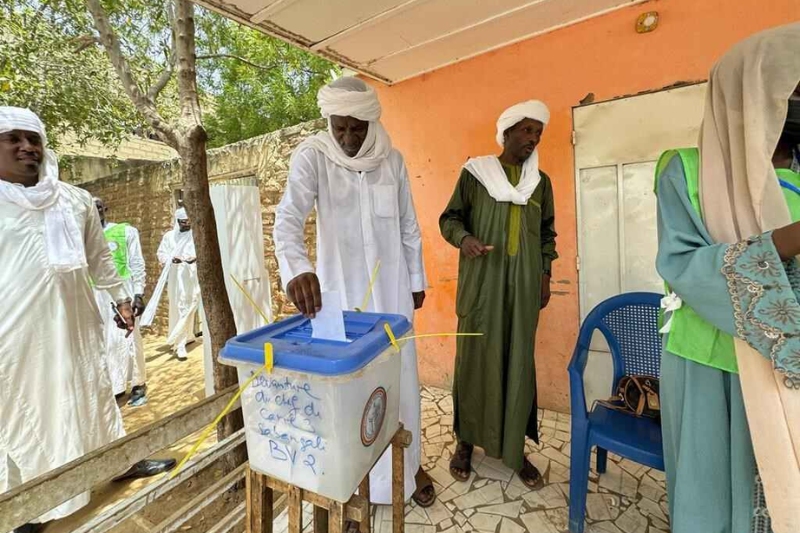Chadian opposition leader Succès Masra is contesting the preliminary presidential election results from May 6 in a tumultuous political environment. Masra, who is also the transitional administration of Chad’s prime minister, has appealed to the constitutional council, claiming manipulation of election results. Though President Mahamat Deby Itno appears to have won with more than 61% of the vote, Masra, who received over 18.5%, claims anomalies in the election without releasing any proof.
Deeply seated political tensions in Chad, a country tarnished by decades of military supremacy and autocratic government, are highlighted by the drama that is developing. Following the death of his thirty-year-ruling father, President Deby Itno took over in the middle of a tumultuous rebel insurrection. As three years of military rule came to an end with the recent election, optimism for a democratic transition wavered in the face of doubts about the integrity of the voting procedure.
The challenge from Masra represents a turning point in the political development of Chad. He left the nation during crackdowns on opposition voices, but his return and subsequent selection as prime minister represented a shaky peace between the governing class and dissident groups. But accusations of election tampering might topple the shaky calm and throw Chad into much more unrest.
Keep Reading
Randidon The importance of Masra’s appeal is underlined by Chadian human rights lawyer Jacques Houitouto. Should the constitutional council find substance in Masra’s allegations, the election results’ legitimacy may be questioned, opening the door for possible annulment. The council’s decision’s date is yet unknown, which prolongs Chadian political unrest.
The turbulent past of Chad adds complications to the existing circumstances. The country’s democratic hopes have been wounded by decades of authoritarian government that followed French colonial control. Chad, which has a population of about 18 million, has experienced difficulties along the way to democratic government, including ongoing political unrest and economic instability.
As Chad negotiates this crucial turning point, the whole community keeps a careful eye. Chad is a major oil exporter; hence, its stability affects regional dynamics and international energy markets even outside of its own borders. The way Masra’s challenge turns out may determine how Chad develops democratically or if it will continue to see periods of political unrest.
Chad is at a crossroads in the middle of uncertainty, juggling stability and democratic goals. Although Masra’s disobedience offers promise for democratic transformation, there are still many obstacles to overcome. The world waits to see how democracy in the heart of Africa will fare as Chad draws near to a decision on the election results.

